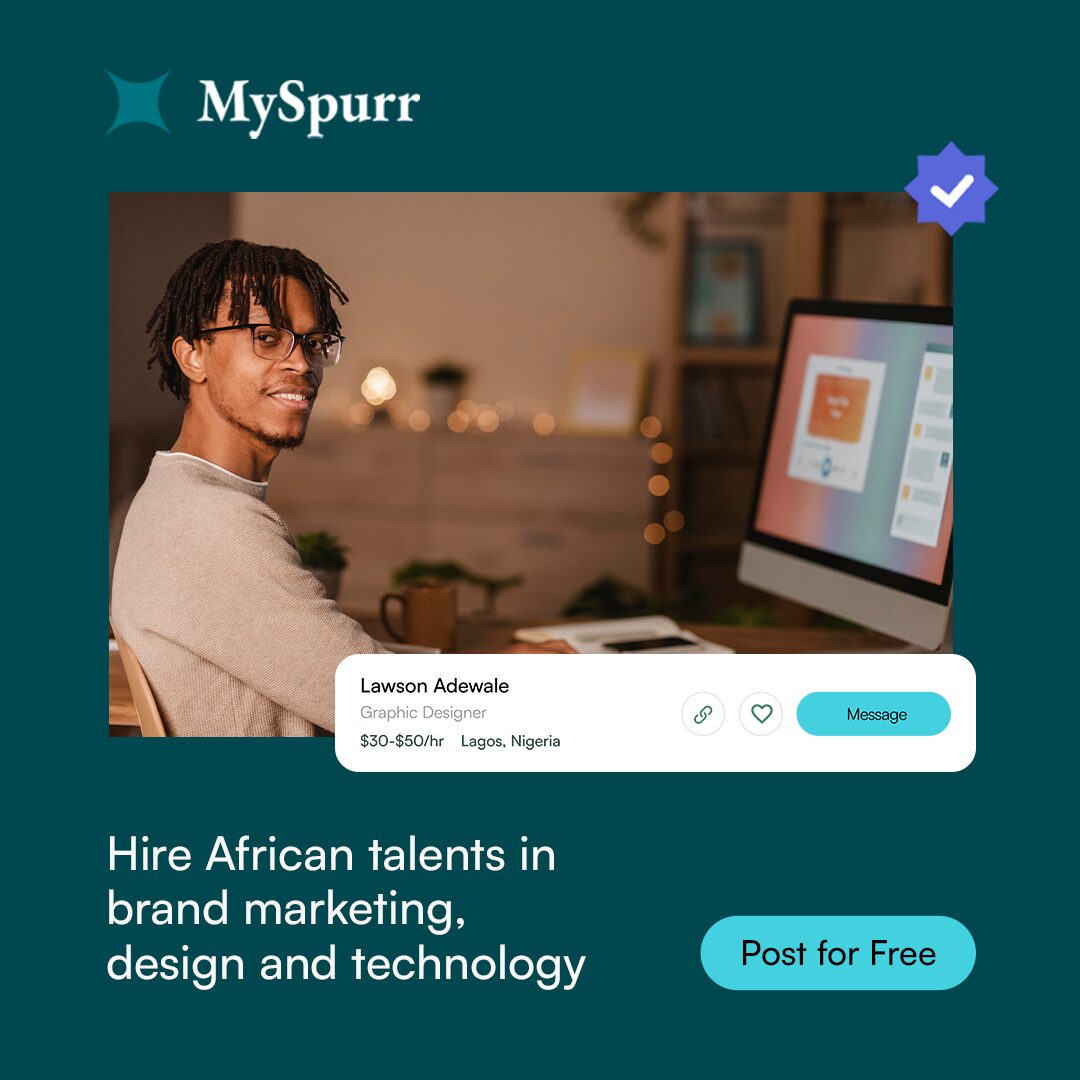Choosing the Right Funding Route
One of the biggest challenges for startup founders is deciding the best way to raise capital. While many founders are familiar with different startup funding model s, this article presents a unique perspective—highlighting potential risks and concerns often overlooked.
This guide is especially useful for two types of founders:
- Those uncertain about which funding option to pursue.
- Those who have already chosen the SAFE route but want to understand its risks.
To help founders navigate the funding landscape, we’ll break down Equity Rounds, Convertible Notes, and SAFE agreements, while also examining their advantages and potential pitfalls.
Mastering the art of pitching to investors can significantly impact your ability to secure funding. Learn how to craft a winning pitch in our Startup Pitch Guide.
1. Equity Rounds: Traditional Fundraising for Startups
An equity round is a straightforward startup funding model where a founder exchanges a portion of their company for capital from an investor. The investor becomes a co-owner and typically negotiates terms such as:
- Equity percentage
- Voting rights and board representation
- Reporting frequency (monthly, quarterly, or annually)
How the Equity Round Works
- The founder approaches an investor and proposes an investment in exchange for company shares.
- Both parties negotiate terms, often involving legal teams to finalize the agreement.
- Once finalized, the investor owns a defined percentage of the company.
Pros:
- Clear ownership structure
- Aligned investor-founder incentives
- Ideal for long-term growth and stability
Cons:
- Lengthy legal processes
- Dilution of founder ownership
- Complex negotiations
2. Convertible Note Rounds: A Hybrid Approach
A convertible note is a startup funding model where an investor provides capital as a loan, which can later be converted into equity.
How Convertible Notes Work
- The founder borrows money from the investor, agreeing to repay it with interest.
- At the end of a defined period (e.g., 18-36 months), the investor has two options:
- Get their money back with interest.
- Convert the loan into equity at a discounted rate.
Key Terms in Convertible Notes
- Coupon Rate: The interest rate the investor earns.
- Discount Rate: The percentage reduction at which investors can convert their loan into shares.
- Maturity Date: The deadline for repayment or conversion.
Pros:
- Delays equity dilution
- Offers flexibility for both investors and founders
- Can attract more investors with lower risk
Cons:
- Creates debt liability for the startup
- Uncertainty in valuation until the conversion
- Potentially complex negotiations
3. SAFE (Simple Agreement for Future Equity): A Founder-Friendly Alternative?
This startup funding model was introduced by Y Combinator in 2013, SAFE agreements simplify fundraising by removing debt obligations and streamlining legal complexities.
How SAFE Agreements Work
- Investors provide capital without immediately receiving equity.
- There is no interest rate or repayment timeline.
- SAFE agreements convert into equity only when the startup raises a formal equity round.
- Founders can include valuation caps and discount rates to benefit early investors.
Key Terms in SAFE Agreements
- Valuation Cap: The maximum company valuation at which the SAFE investment converts into equity.
- Discount Rate: Investors receive a percentage discount when shares convert.
Pros:
- Quick and simple execution
- No debt obligations or interest payments
- Avoids immediate valuation disputes
Cons:
- No fixed timeline for conversion
- Can lead to founder-investor misalignment
- Future investors may hesitate if too many SAFEs are issued
Comparing SAFE, Convertible Notes, and Equity Rounds
| Factor | Equity Round | Convertible Note | SAFE Agreement |
|---|---|---|---|
| Ownership | Immediate equity exchange | Delayed equity conversion | Converts upon future funding |
| Investor Risk | High | Medium | Medium to High |
| Founder Dilution | Immediate | Delayed | Delayed |
| Legal Complexity | High | Moderate | Low |
| Timeline | Lengthy | Defined period | Undefined |
4. The Risks of SAFE Agreements
While SAFE notes are appealing due to their simplicity, there are several risks founders should consider:
1. Risk in High-Uncertainty Markets (Especially in Africa)
SAFE agreements assume that a future equity round will occur, but in uncertain markets, fundraising conditions can change drastically. If a startup never raises an equity round, early investors might remain in limbo indefinitely.
2. Misalignment Between Investors and Founders
Investors may feel disconnected from the business since they do not hold actual equity until conversion. Without direct ownership, they may lack motivation to contribute beyond their initial investment.
3. Difficulty in Attracting Future Investors
New investors may hesitate to invest in a startup with too many outstanding SAFEs, as it complicates ownership structure and valuation.
5. When to Use SAFE, Convertible Notes, or Equity Rounds
| Scenario | Best Option |
| Early-stage startup raising small amounts quickly | SAFE Agreement |
| Founders want to delay valuation negotiations | SAFE or Convertible Note |
| Startups with stable revenue and clear valuation | Equity Round |
| Investors seeking a mix of security and flexibility | Convertible Note |
| Long-term investors willing to hold equity | Equity Round |
Conclusion: Making the Right Funding Choice
Choosing between SAFE, Convertible Notes, and Equity Rounds depends on your startup’s stage, risk tolerance, and long-term goals. While SAFE agreements offer speed and simplicity, they may not always be the best option, especially in unpredictable markets.
- If you want clear investor alignment, choose Equity Rounds.
- If you want flexibility with a defined timeline, choose Convertible Notes.
- If you want quick funding with minimal legal hassle, choose SAFE Agreements.
Understanding these differences ensures that you avoid potential pitfalls and secure funding that aligns with your startup’s growth strategy.
Once you’ve secured the right funding model, the next step is scaling effectively. Explore the key steps in our guide on How to Scale a Startup in Africa.
Content By: Gerrad Olisa- Ashar




